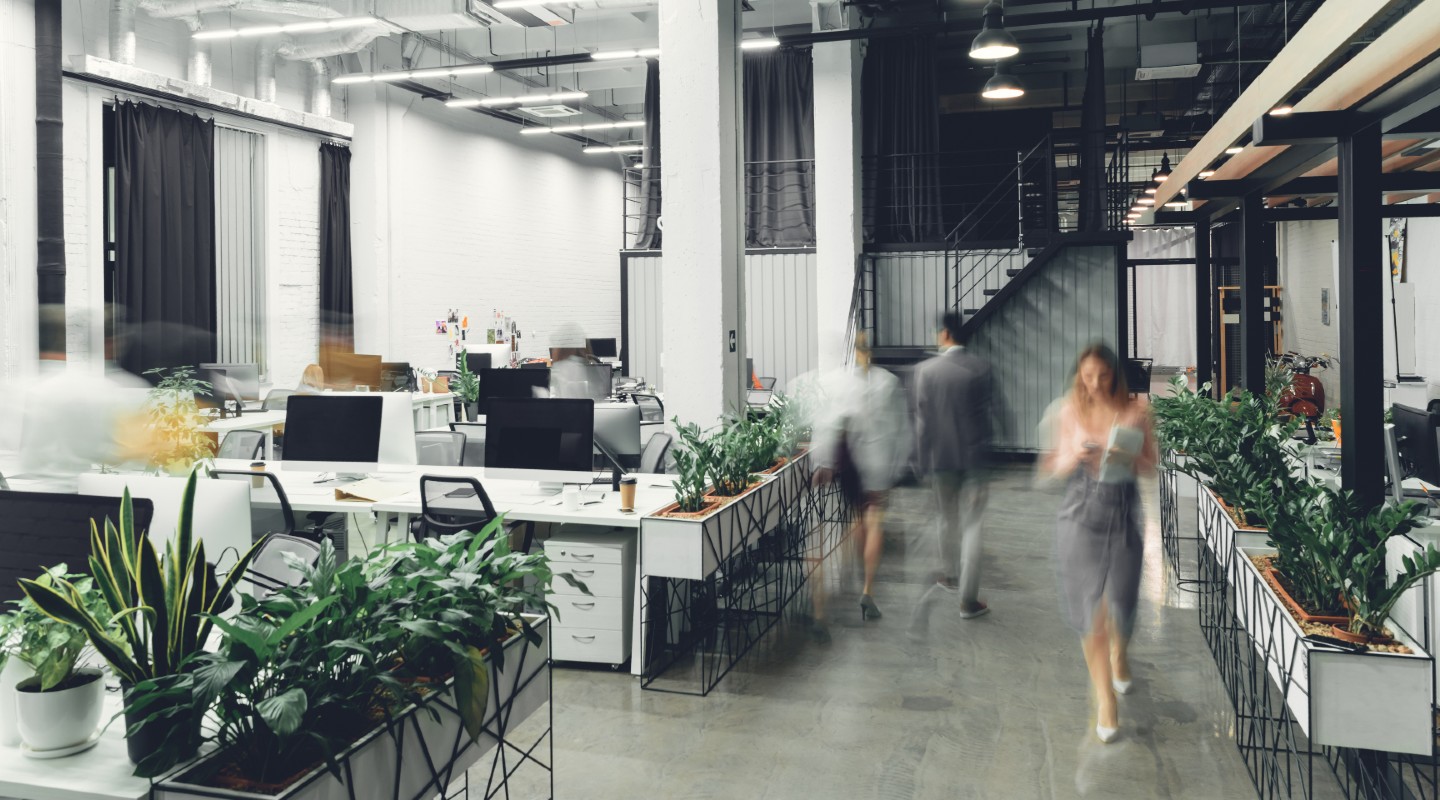Dr Michael Rosemann is the Director of the Centre for Future Enterprise and a Professor for Innovation Systems at QUT Business School. Here, he discusses how COVID-19 has both shaped and accelerated the future of work, and what the ‘new normal’ might actually look like.
Companies and people change because of urgency or ambition.
When COVID-19 was declared a global pandemic, it imbued everybody with a sense of urgency. It forced organisations to accelerate their adoption of teleconferencing and remote working technology. However, it also made existing opportunities more tangible.
Local businesses had the chance to become global, omnichannel businesses. If they taught dance classes, for instance, they no longer had to concentrate solely on the market between, say, Indooroopilly and Chermside. There was a global market for what they had to offer, and that global market quickly developed the capability to take part in such offers from their living room using web conferencing solutions such as Zoom.
Now COVID restrictions have largely been lifted in Australia, and that sense of urgency is fading away. I fear that organisations who were motivated solely by urgency will want the new normal to look a lot like the old normal.
On the other hand, those who are motivated by ambition will say, ‘Hang on, we don’t have to go back to how things were – there’s so much potential here.’
Is the office dead?
When we look ahead to the future, we often inflate our assumptions. When computers emerged, we talked about the disappearance of paper, which hasn’t happened, and we imagined all kinds of scenarios that haven’t come to pass, for the most part. Certainly, we expected more automation and digitisation than we’ve seen.




























